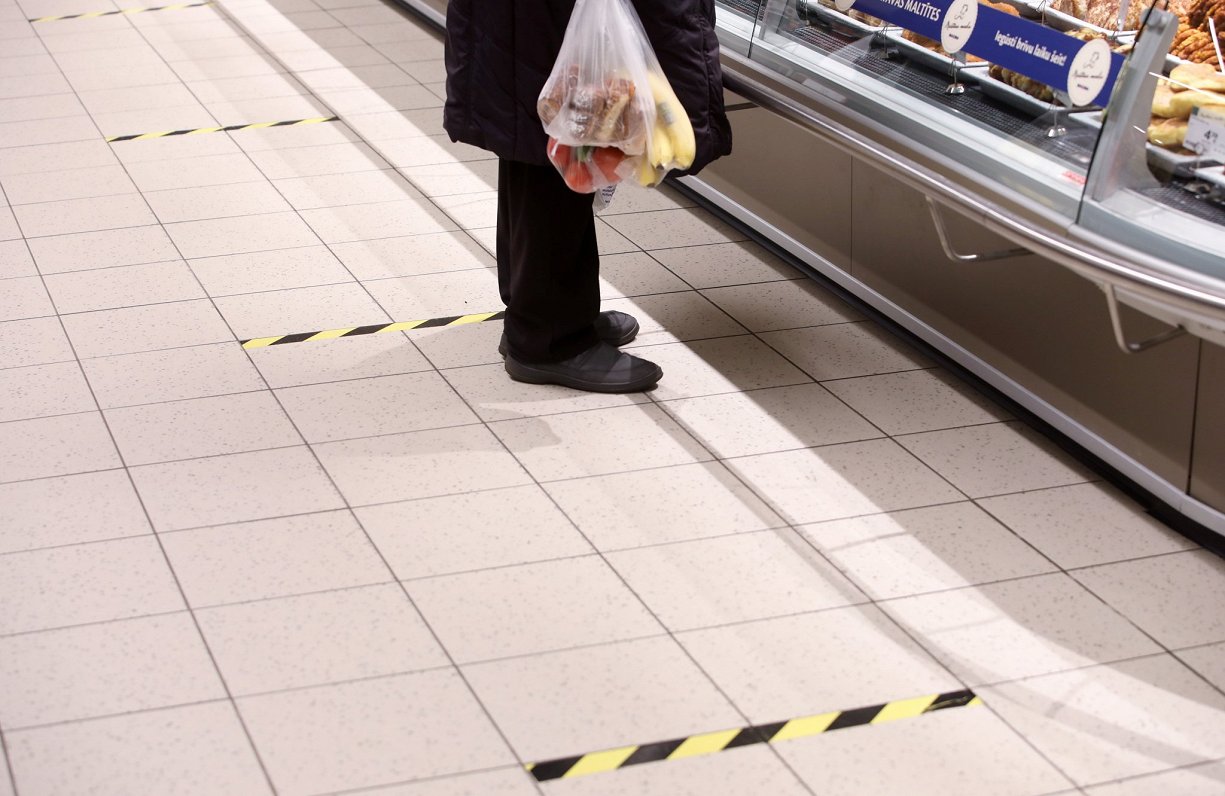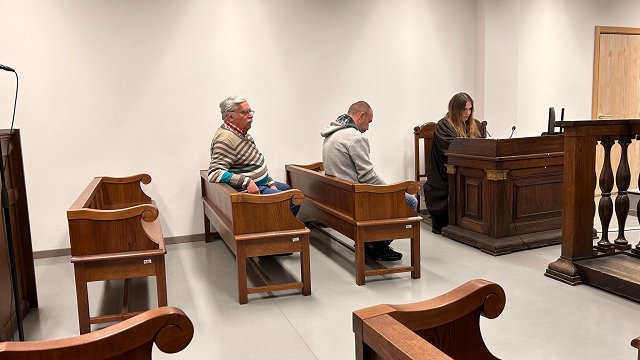What happened ten years ago in Latvia brought about immense unemployment and anomalous emigration and inequality, which has not been addressed for a decade. That's why the global pandemic has arrived just as a great part of the public – 33% of national households – struggle to make ends meet every months. Today, when Latvia is hit by the Covid-19 disease, the government must take radical steps to reduce household risk of falling beneath the threshold of poverty.
Latvia had ten years to tackle the consequences of the previous crisis. This was homework that needed to be done so that now, when we're facing a novel crisis, the state could help residents and effectively solve the consequences of the economic downturn. Crisis readiness is perhaps more important than the decisions taken during the crisis. Our government, too, thinks it's ready. The Finance Ministry website says: "Latvia's economy has grown in a balanced manner for the past years. Strict observation of fiscal discipline has paid off through the years."
But what the Finance Ministry doesn't say is that a great part of Latvia's working-age population falls outside the social safety net.
According to Finance Minister Jānis Reirs, more than 200,000 employees aren't making social security payments in full. Even after the 2017 tax reform, which Reirs supported. It is odd to see the minister criticizing a reform he himself supported and using it as an excuse not to extend a helping hand during a crisis.
The global pandemic is a crisis that our globalized economy has never seen, and this requires countries to take extraordinary decisions. As a result, ideas which in 2009 were seen as extreme or far-left, are now considered the most effective and best. For example, in the United States, Republicans and opposition Democrats voted almost unanimously that a large part of the country's adults will receive checks of $1,200, plus $500 for each underage child in their care. This is unprecedented and direct support to a substantial part of US households. Could someone have imagined a few months ago that President Donald Trump would sign a bill like this?
Unprecedented political solutions such as these are possible because Covid-19 doesn't have a nationality or a socio-demographic profile. It puts everyone at risk.
We can protect ourselves from this disease by staying home. But we can't protect ourselves from the economic consequences brought about by the pandemic.
This will affect every Latvian resident. Only the state can counter the unfavorable consequences. It has to take decisive action so that after this crisis we don't see even more abandoned houses outside Rīga and there aren't even more people who can't meet payment deadlines and are bogged further down in debt. If the state hasn't done its homework within the past ten years, creating an adequate social security network, it has to take unprecedented and courageous steps to create one within a few weeks.
That's why each measure taken by the Health Ministry concerning the emergency situation should be supplemented with new measures to stimulate the economy on the part of the Economics and Welfare ministries. Instead, one can mostly observe indecisiveness. There's no support for self-employed people and those working in micro enterprises. There's still no support for the unemployed, the government hasn't even reviewed any solutions to protect this group despite the fact that the Bank of Latvia has suggested some possibilities. Financial support is there only for medics and idled companies. But even as concerns the idling benefits the government has vacillated, with initially reserving support for some industries and then switching up the requirements to apply for support. At now the threshold is losing 20-30% of company turnover, but there hasn't been an explanation why. While in Denmark, for example, idling benefits are to be paid to companies not in relation to their turnover but to the number of idled employees.
In Latvia, Economics Ministry materials suggest that about 93,000 employees will receive idling benefits under the current scheme.
According to data by the Central Statistics Office, this is fewer than 10% of Latvia's working population aged 15 to 74.
It is possible that I'm the only one who thinks that the economic consequences of the Covid-19 pandemic affect many more workers than this.
Sadly, Latvia has not prepared for this crisis. Sadly, it doesn't even observe its own recommendations. Government meetings provide a clear example. Even though the government asked everyone to abstain from public gatherings, it only started holding meetings remotely after more than half of the ministers had had contact with someone infected with Covid-19. It is easy to score punches against your political competitor Artuss Kaimiņš for his carelessness, but the government itself didn't observe the recommendations that it itself issued against holding gatherings of many people.
It only started remote meetings when it was too late as government ministers had had contact with a carrier of the coronavirus.
Will the government likewise react to the economic problems the coronavirus has caused for Latvian residents only when it's too late?
The government should make a clear signal to the population over who will receive support. And the signal should say that everyone will.
Idling benefits would be enough if we had strong trade unions and most employees had social security, ensuring them with a strong safety net. While the American solution -- direct payments to bank accounts -- is best for countries with low labor taxes and weak social support.
Latvia should combine both solutions, as a part of employees have strong social guarantees while a significant part aren't socially protected.
First of all, support should be granted to the greatest possible number of companies that employ people and pay all taxes for them. This means almost every single idled employee. At the same time, it would be just that employees too contribute to this support measure. In Denmark, employees have taken it upon themselves to take a week-long unpaid leave. Meanwhile, self-employed people should be granted identical support, similarly to Denmark and the UK.
Secondly, all the remaining people at work -- with no exception -- should receive a one-time benefit or universal income so that the Latvian economy wouldn't freeze and households wouldn't face practical bankruptcy. This support should be smaller than the idling benefit but the €80 suggested by Welfare Minister Ramona Petraviča on March 18 isn't enough to pay rent.
Andris Saulītis is a socioanthropologist with ten years of experience in journalism. In January 2020, he became the editor-in-chief for content at Latvian Television.



























